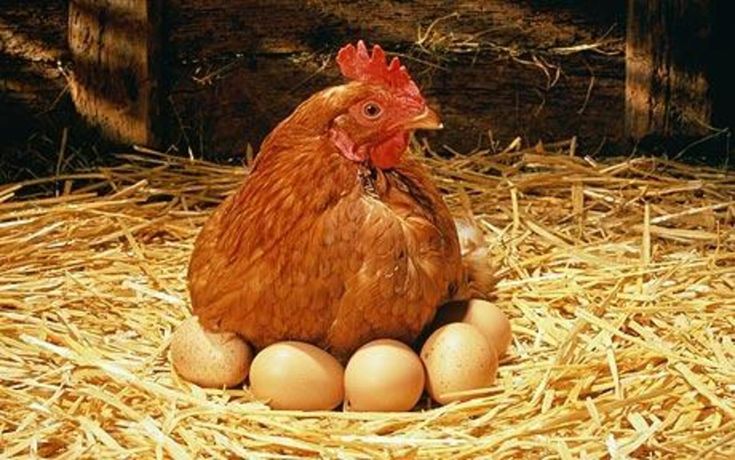Raising chickens is a rewarding experience, but like any pet, they require proper care and attention. One of the most common challenges faced by chicken owners is messy nesting areas. These areas can quickly become chaotic, leading to unhappy hens and potential health issues.
In this article, we’ll explore what causes these messy nesting areas, how they can affect your flock, and most importantly, what you can do to maintain a clean and organized space for your feathered friends.

Understanding the Cause of Messy Nesting Areas
Nesting areas can become messy for several reasons. Chickens are naturally curious and active creatures, often scratching and pecking at their surroundings. This behavior can lead to disorganized bedding, scattered feed, and droppings within the nesting boxes.
The Impact of Poor Nesting Conditions
When nesting areas become too messy, it can have negative effects on your chickens’ health and egg production. Unhygienic conditions can lead to the spread of diseases, and hens may avoid laying eggs in dirty nests.
Choosing the Right Nesting Materials
To combat messiness, it’s crucial to choose the right nesting materials. Straw, pine shavings, and other organic materials can absorb moisture and reduce odors. For more ideas, you can check out best chicken nesting materials.
Organizing Nesting Boxes
Proper organization of nesting boxes is essential to maintaining cleanliness. Ensure that each hen has enough space to lay comfortably and consider rotating the bedding regularly to keep the area fresh.
Location Matters
Placing nesting boxes in a quiet, dark area of the coop can encourage hens to use them more frequently. This will help keep eggs clean and reduce the chances of breakage.
Regular Cleaning Routine
Implementing a regular cleaning routine is vital to prevent messy nesting areas. Remove soiled bedding and replace it with fresh materials at least once a week.
Creating a Chicken-Friendly Environment
A clean coop not only benefits the chickens but also makes it easier for you to manage your flock. Consider installing perches and dust baths to keep your hens entertained and reduce stress.
Ventilation is Key
Good ventilation helps control humidity and reduces ammonia levels in the coop. You can learn more about proper ventilation techniques at ventilating nesting boxes.
Dealing with Broody Hens
Broody hens can become territorial and contribute to nesting area messiness. It’s important to monitor their behavior and provide separate spaces if needed. For more tips, visit nesting boxes for broody hens.
The Role of Seasonal Changes
Seasonal changes can also affect the state of your nesting areas. During rainy seasons, moisture can accumulate, while colder months may require additional bedding for warmth. For further insights, you can check out seasonal changes in nesting.
Adapting to Weather Conditions
Adjust your cleaning and maintenance routine according to the weather. This will help maintain optimal conditions in the nesting areas throughout the year.
DIY Nesting Solutions
For those who enjoy DIY projects, creating your own nesting boxes can be a fun and cost-effective solution. Consider exploring DIY chicken nesting box ideas for inspiration.

FAQs
How often should I clean the nesting areas?
It’s recommended to clean the nesting areas at least once a week to maintain hygiene and prevent the buildup of waste.
What materials are best for nesting boxes?
Straw and pine shavings are popular choices due to their absorbent properties. They help keep the nesting area dry and comfortable.
How can I encourage my hens to use the nesting boxes?
Ensure that the nesting boxes are placed in a quiet, dark area of the coop. Providing comfortable and clean nesting materials can also encourage use.
By taking these steps, you can effectively manage messy nesting areas and ensure a happy, healthy flock. Remember, a clean and organized environment not only benefits your chickens but also makes chicken keeping a more enjoyable experience for you. Happy chicken keeping!
This article contains affiliate links. We may earn a commission at no extra cost to you.











